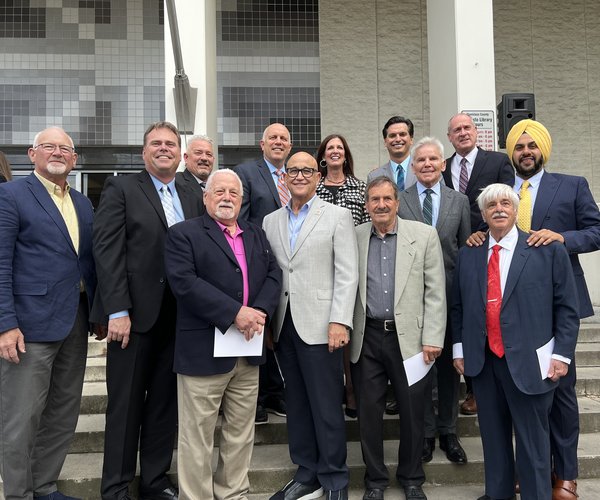Catching a public bus or train on time each day can sometimes be a difficult task. And while catching a public transit line when the union members are on a strike is impossible, Assemblywoman Kristin Olsen (R-Modesto) hopes to change that.
In 2013, headlines across the state highlighted the horrible commute public transit users in the Bay Area experienced as they tried to get in and out of San Francisco during the BART union strikes. With contract negotiations resulting in unsolvable differences at the time, BART union workers began walking out from their assigned posts to form pickets at several stations throughout the Bay Area. The strikes left a severe impact on the regional economy, costing nearly $73 million in worker productivity per day.
Olsen, who strongly disagreed with the union members' decision to go on strike, recently introduced a bill that would ban public transit unions from striking in California.
“Public transit unions should not be allowed to jeopardize an entire region’s livelihood over an internal dispute,” said Olsen. “It is against the law for public safety unions to strike because they are essential public services. The same standards should apply to public transit unions.”
According to Olsen, California should join other states that have banned public transit union strikes, saying that it is time to make the state’s public transportation systems reliable once again.
“California is the only state allowing public transit unions to hold commuters hostage with strikes,” said Olsen. “Seventy-five percent of the workforce commuting from the Central Valley to the San Francisco Bay Area originates from the Manteca area. When the public transportation system shuts down, it creates an exceptional hardship for our neighbors, friends, and family members who are just trying to get to work.”
The legislation, AB 1536, is currently awaiting assignment to its first committee by the Assembly Rules Committee.





